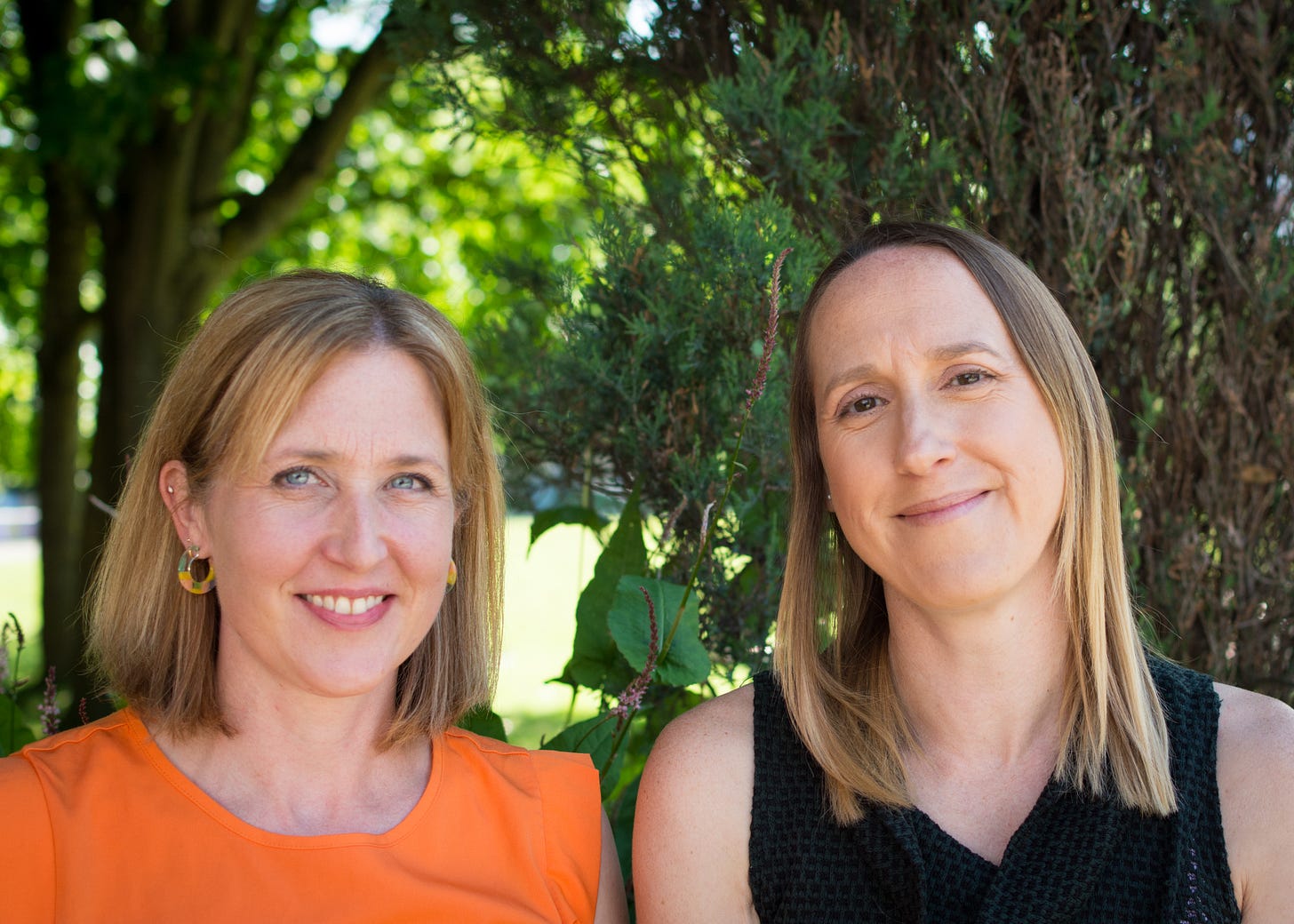Discover how Synapse can help you find stories and build meaningful relationships with PRs.
Webinar - AI, Public Relations & Building Trust
Freelancing for Journalists is co-hosting a free webinar with Synapse on relationships between journalists and PRs on Wednesday 2nd July at 12pm.
With AI-generated experts hitting the news in recent weeks (including our newsletter last week), on top of an already rapidly shifting media landscape, for PR professionals and freelance journalists, it is a time of both challenges and opportunities.
This virtual Spotlight Session on AI, Public Relations & Building Trust, will explore how PRs and freelancers can rebuild trust, foster better relationships, and responsibly integrate AI into workflows.
Panellists include FFJ co-director Emma Wilkinson, award-winning freelance journalist Rosie Taylor who is also the the author of the media pitching advice newsletter Get Featured, and James Clothier, Grayling UK’s new head of crisis, and a media strategist expert with over 20 years in senior editorial roles at The Sun and Daily Mail.
The online event is free and there will be plenty of chance for questions. To book your place and find out more click the button below.
As I’m sure you have all spotted by now, the UK Freelance Journalism Awards are open for 2025. There are six categories for you to submit your work to and £100 prizes to be won.
This is the third year we have run the awards which have proven to be incredibly popular since we first launched in 2023. It’s unsurprising given we are the only awards to solely celebrate the fantastic contribution of freelance journalists.
But in that time we have learnt a few things about what makes a good awards entry. With hundreds of you battling it out, you have to make sure you stand out from the crowd. So as you begin to select the work that you’re most proud of from the past year, take a minute or two to read through our top tips and boost your chances of being shortlisted.
Remember we have given you a longer deadline for 2025 so you have until midnight on the 29th of August. As always it is FREE to enter the awards and you can enter as many categories as you like. However you can only enter each category once.
What makes a good Freelance Journalism Awards entry?
It does not matter to us if you’re entering for the first time or you’ve been shortlisted in previous awards, everyone has a shot. Here’s our advice for standing out from the crowd and getting on that shortlist.

1. The choice of piece is important
When you’re looking back over a year’s worth of work, it can be daunting to know what to enter. Our advice is to take a step back and try and judge which is the best piece to submit on the basis of originality, impact, and how well it tells a story. On top of that think carefully about what category it might fit into.
Ask yourself:
Did this piece change something? It could be policy, public opinion, or even one person’s life?
Did I break new ground or tell a familiar story in a fresh way? What is unique about this work?
Does it represent my best work — not just in how it was presented but in the reporting behind it?
2. Context is everything
Alongside each category we offer the space for a short supporting statement. Here we really emphasise the word ‘short’. We don’t need your life story. Instead here is your chance to tell us why this work should be considered. This could relate to how you had to battle to get it commissioned, the hard work that went into reporting it or even the pushback you may have had against the piece.
Lily and I are not psychic and neither is our panel of judges. Don’t assume we know how difficult a piece was to pull off. Be succinct, tell us only what is necessary (no need to repeat detail included in the work) and use the supporting statement to:
Explain the story’s significance
Highlight reporting challenges or risks
Show the impact (this could be traffic, social media engagement, policy change, or public awareness)
Give credit if you worked collaboratively and explain your role
3. Be clear
This tip applies to both the journalism itself and your entry materials. Judges have limited time and energy. Dense PDFs, jargon-filled statements, or broken links to either the work or your social media profiles will hurt your chances.
To make the process as easy as possible:
Submit clean, accessible copies of the work through functioning links. We will get in touch with you if we can’t access and need a PDF
Clearly state what you are submitting
If multimedia is involved, guide the judges: where should they look, what should they focus on?
Include your contact details and how to find out more information about you
4. Stick to the rules
It sounds basic, but it’s one of the most common reasons entries are disqualified. We have had to discount entries in the past because they were published outside the dates of entry or because they were produced by multiple people and you haven’t made your role clear.
Double-check:
That the work has been produced 6th April 2024 and 5th April 2025
That the work was produced on a freelance basis
You have included that all important supporting statement
You are clear about eligibility and entry criteria for the specific category. Eg, you are an early career freelance journalist as defined by the rules for that award, you have you entered the correct number of pieces, etc.
5. Be proud without being boastful
Tone matters. The best entries are confident without the need to oversell or exaggerate their impact. A good story should speak for itself, when supplied with just enough explanation on the context to help it land.
We would also say passion does come through, as does hard work — and it’s often what judges remember most. Perhaps you were trusted by the interviewee when others had not been. Maybe the story was rejected by some editors before it finally was commissioned and had impact. Remember to sell yourself and don’t be shy about impact.
Get entering the only awards dedicated to highlighting the essential contributions of UK freelance journalists. You have have until midnight on the 29th of August to get your submissions in. The categories are:
Best Specialist Journalist
Best News Story - sponsored by PayDesk
Best Feature - Sponsored by the NUJ London Freelance Branch
Best Investigation - Sponsored by the NUJ London Freelance Branch
Best Opinion Writer or Columnist
Best Piece of Work by a Student or Early Career Journalist - Sponsored by Women in Journalism
For more details on the entry requirements and to get your submissions in, click the button below.
Triumph of the week
Getting a dream reporting gig out of the blue
That feeling when
A favourite commissioning editor leaves her job :-(
We love to hear your feedback on everything we do, so feel free to drop us an email anytime at freelancingforjournalists@gmail.com
Bye for now!








